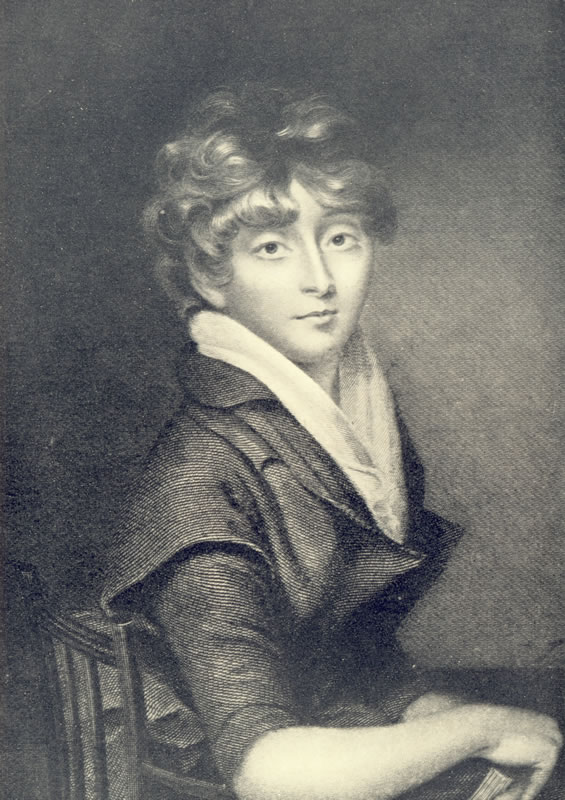 |
| "The Muse" herself |
I
spent last week in the Folger Shakespeare Library’s reading room, doing some
research on eighteenth-century actress/playwright/novelist Elizabeth Inchbald,
known to her friends as “The Muse.”
Although
I discussed her first novel A Simple
Story in my dissertation, I had not done a lot of biographical research on
Inchbald herself, so my trip to the Folger was enlightening. The Folger holds
nearly all of Inchbald’s papers, including her pocketbook diaries, letters, and
the many volumes of plays that she wrote remarks for, which established her as
one of the first, if not the first
female theater critic.
Lucky
for me, all of Inchbald’s diaries have been transcribed by Ben P. Roberson and were published by Pickering and Chatto in 2007. I say that is lucky, because
Inchbald’s handwriting is atrocious and her diaries were actually just
datebooks that she used to keep track of expenditures and write down cryptic
notes for herself.
My
Cousin here Packing my great Box, she dined and drank tea with me and went with
me to the House_Playd in Beggars opera at the hay Market. came home before the
Pantomine with Mr. and Mrs. Edwin_Looked beautifully_Mr. Colman told me of some
parts_was very happy.
 |
| One of her pocketbook diaries. Photo by Ula Klein courtesy of the Folger Shakespeare Library. |
In
the introduction to the diary, Roberson explains that Inchbald’s handwriting
was quite messy, she often diluted her ink to save money, and she was
indifferent to issues of capitalization and punctuation. It’s one thing to read
those facts, and quite another to page (carefully!) through the diary yourself
and admire Inchbald’s cramped handwriting and the life it reflects (and to
reflect on the monumental achievement of Roberson as the transcriber of these
diaries!).
Similarly,
nearly every day has a record of how she felt (whether well or poorly or ill)
and what she played or saw at the theater that day. Her journal is not just
useful for those who would like to study her and her life; it is a brilliant,
if undetailed, record of the London theater world of the late eighteenth
century.
Of
course, the diary is also a wonderful testament to Inchbald’s perseverance as a
playwright and writer. The diaries from 1780 and 1781 often include mentions of
her writing or working on specific plays. Unfortunately the diary from 1791,
the year that A Simple Story was
published, does not exist—or at least we don’t have it in a library. It was,
however, fascinating to see her mention working on the first half of the novel
in the fall of 1780.
I
also quite enjoyed the fact that, it seems, it took Inchbald a decade to get
through Richardson’s Clarissa(!). She mentions Sunday, March 19, 1780 that she “Read
some of Clarissa Harlow in Bed.” It is not until Saturday, June 15, 1793, however, that
she records in her diary, “finished reading Clarissa Harlowe.”
Somehow, that is heartening.
Somehow, that is heartening.

No comments:
Post a Comment